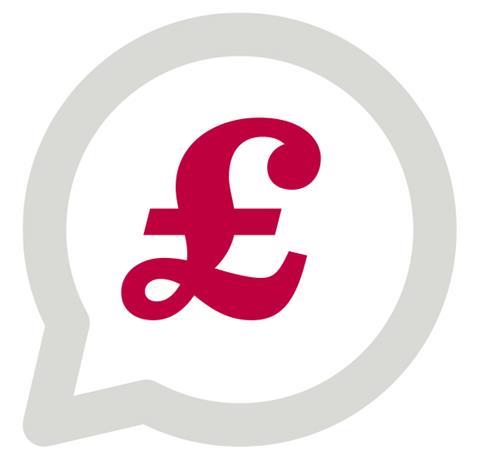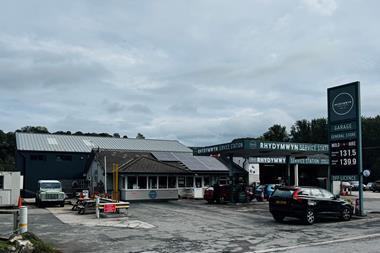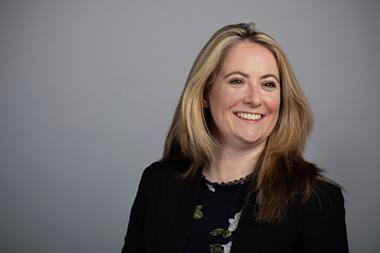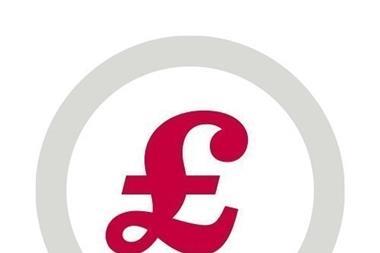The storm is on its way and you need to act now by planning ahead for ‘survival mode’

Retail businesses are in danger. It may be more acute than the financial crash of 2010, and even more so than the Covid lockdowns of 2020/21.
Unfortunately, it’s very difficult to gauge just how rough a period we’re facing, since the government keeps postponing the release of economic information into the public domain. But don’t expect any easy solutions or good news: there aren’t any.
The problems facing retailers are essentially twofold: internally they are all facing continual increases in the costs of being in business – rising energy costs, rising interest rates on loans and overdrafts, shortages of key products and constant pressure from staff for wage increases. On the latter point, it was interesting (or alarming, depending on your viewpoint) to see that Aldi raised its minimum pay rate for the third time this year at the end of October (to £11 per hour outside the M25 area, and £12.45 per hour within the M25 zone). A successful business has raised pay rates three times in a single year; how difficult does that make your staff relations when it comes to discussing pay rates for next year?
Then there are the ‘external’ factors, including shortages of product to sell, coupled with large increases in the costs of those products; and above all, the fact that consumers are already short of disposable income. And, whereas before, many consumers have spent their way through recessions on their ever-handy credit cards, most of the current generation are not used to seeing large monthly interest charges building up on their credit card statements. Give them a couple of months…
All of these factors are already impacting retail in general, and petrol retailing in particular. Go back to just after the start of the war in Ukraine. There were warnings then that come this winter, whatever might happen as regards gas supplies around Europe, there was likely to be a shortage of diesel. As this is being written, the typical price of unleaded petrol in my area is around or below £1.60ppl; whereas prices for diesel are hovering around £1.85. There is a shortage of refined diesel already, and there are rumours that if the winter turns appropriately seasonal, there may be a need to actually ration diesel, rather than let the price go sky high.
Imminent challenges
It may seem obvious, but faced with the present and imminent challenges, petrol retailers need to go into ‘survival mode’ – again. Look at each of the major costs that your business faces – the ‘internal’ ones. Estimate your expected utility/energy bills for the next six months. Calculate the expected overall increase and make a note of it. Do the same for your staff costs, and then for your interest, bank and credit card charges. Add them all up. You may be shocked and/or horrified by the total cost increase expected over the next six months – but if you want to stay in business you have to face it. Say (just for the sake of argument) you’ve calculated it at £20,000 – that is how much you will need to increase your overall gross profit simply to stay where you are now. Then look at your existing shop and forecourt sales values and volumes: you will have to spread the additional margin across both (you can’t realistically just add it to your fuel sales price). If you really want to get into detail, factor in an expectation for volumes of both sales to go down anyway, which results in a higher mark up per unit sale across the board.
Theirs not yours
At this point it needs mentioning that yes, you’re already experiencing cost increases from suppliers, but those increases are to cover their costs, not yours – in fact they add to your internal costs (stockholding, transactional, etc.) And no, the public don’t like them, and they’ll squeal even more. Except that just about every other business will be doing the same in order to survive, so ultimately customers won’t find much in the way of cheaper alternatives elsewhere.
The calculation isn’t difficult – but if you’re not confident of your own skills on a financial spreadsheet, your accountant will be only too pleased to help or do the calculations for you. And no, it isn’t going to be precise: while the arithmetic may be relatively straightforward, any projection of the future involves a great many ‘unknowns’ which have to be estimated or just guessed.
If you ask your accountant to do it for you, he or she will probably include a range of values for each variable (especially projected sales) to give you pictures varying from ‘optimistic’, through ‘realistic’ to ‘pessimistic’. But at least you’ll have an idea of what you need to do to survive the coming months.
What’s more, a financial projection could help you if and when you need to speak to your bank about extending overdraft facilities – which is something that many businesses may face doing in the next six months. So don’t waste time. The storm is on its way and you need to act now.
ekwgroup.co.uk
01942 816512

































No comments yet